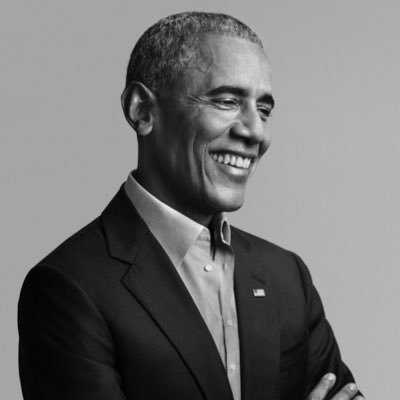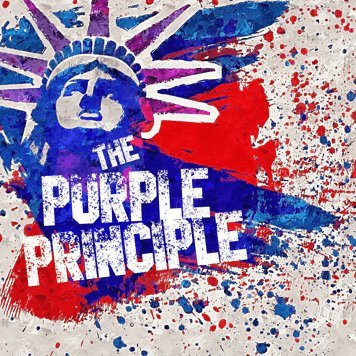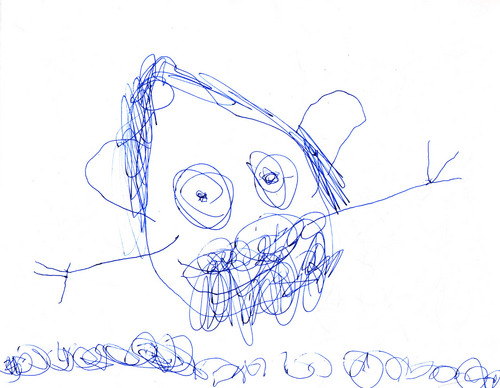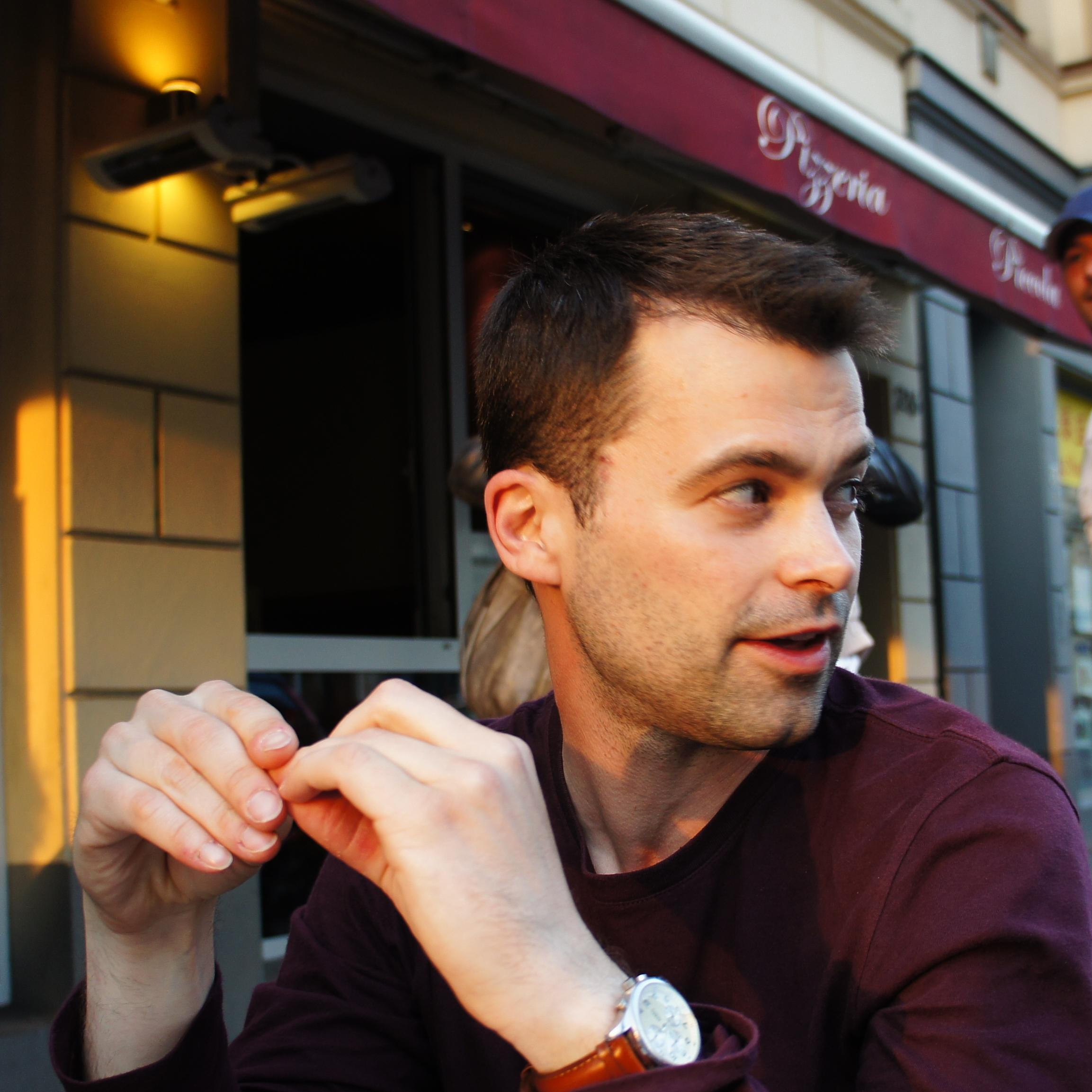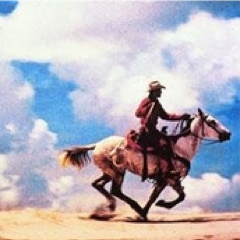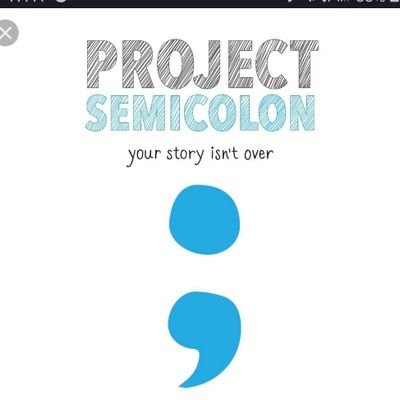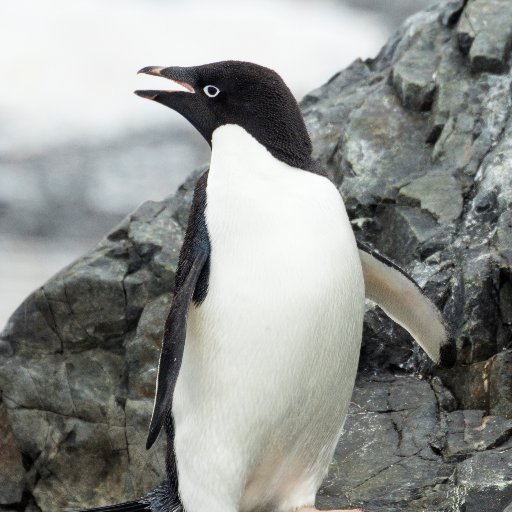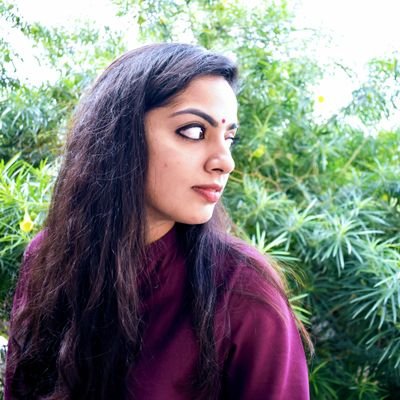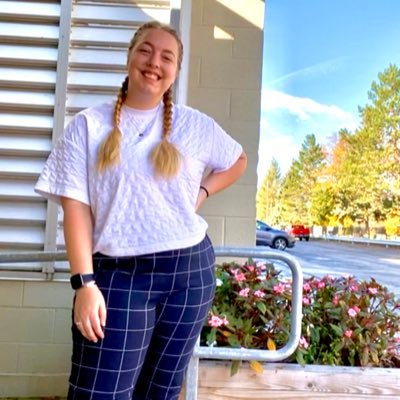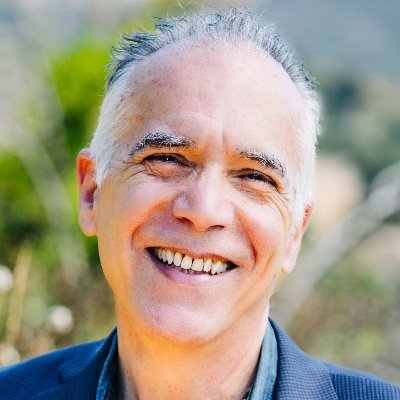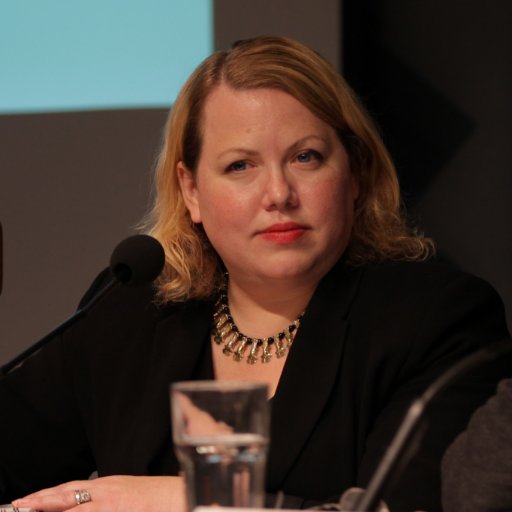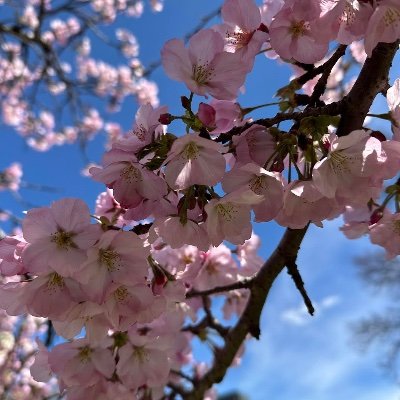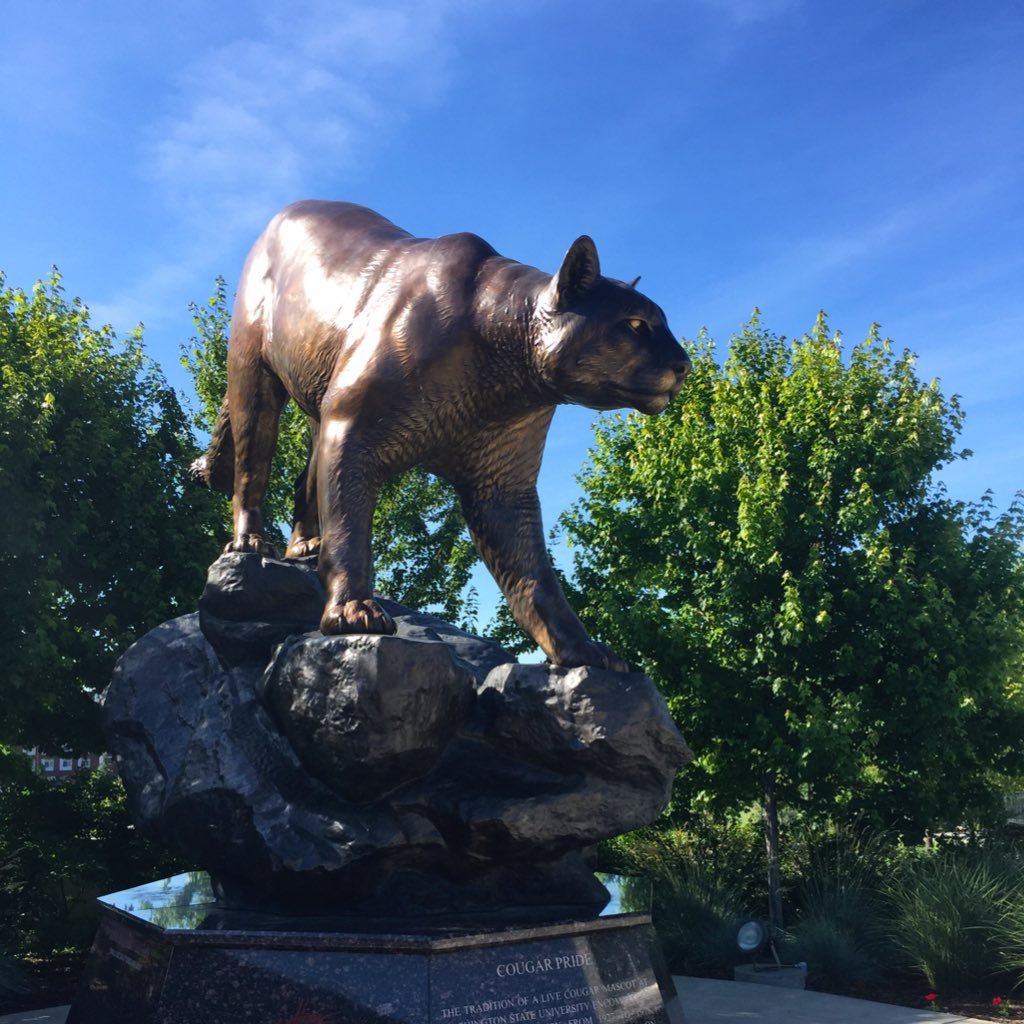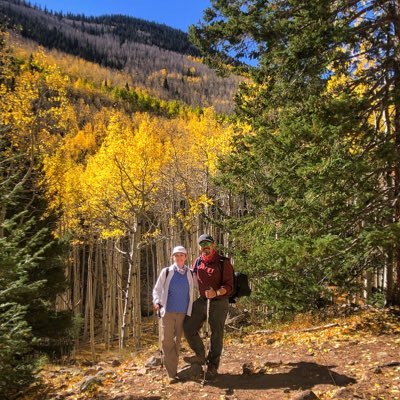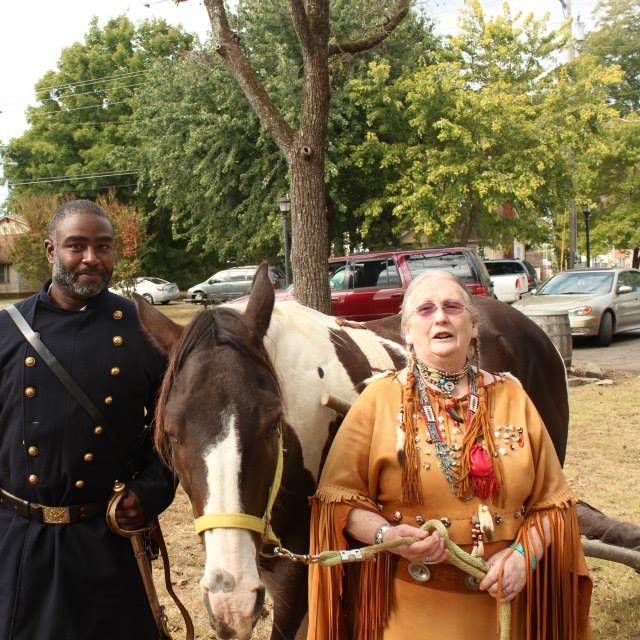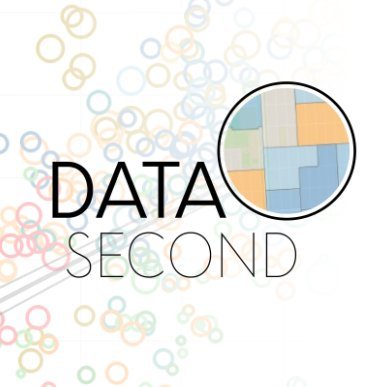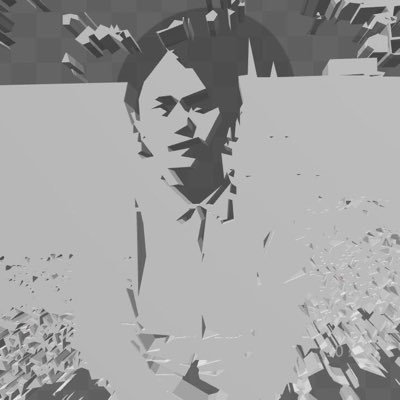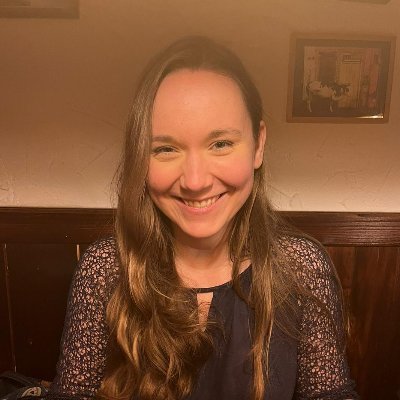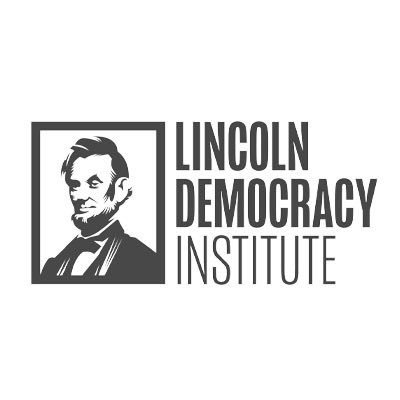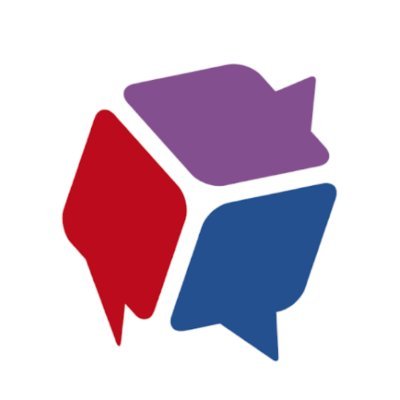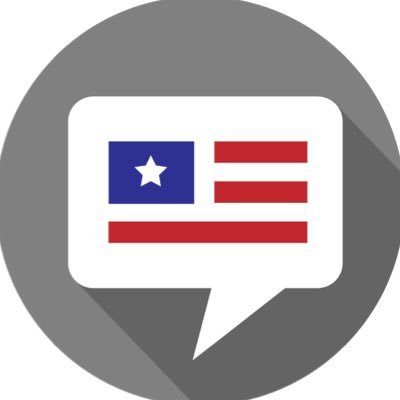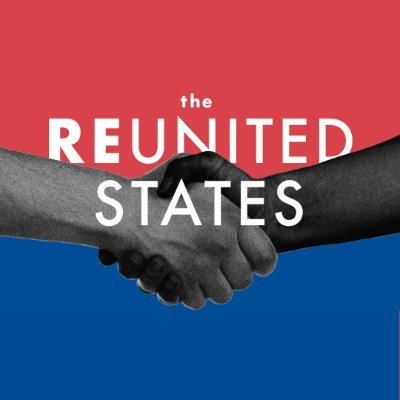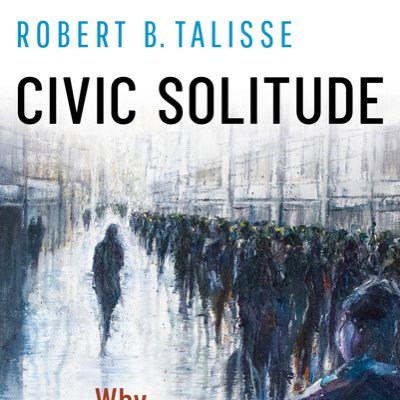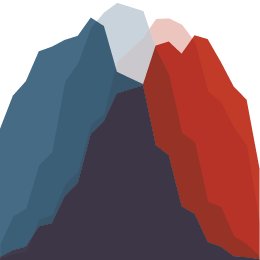
polarizationlab
@polarizationlab
The Polarization Lab at Duke brings together the tools of social science and data science to counter political tribalism on social media.
You might like
I’ll be sharing my favorite shots of the Summer Institutes in Computational Social Science from around the world each day on Insta #sicss2022 #datascience #computationalsocialscience instagram.com/p/CftrD0Hu5af/…
Showing off my #freshink for #SICSS2022 …. God I love this conference/community. Learn more at sicss.io


This is some of the best public writing I've seen on the impact of social media on politics; it captures both the complexity of the problem *as well as* the reality that crises can't wait for randomized controlled trials-- one of many things the great @JonHaidt has taught me.
What do we really know about social media? @chris_bail, author of Breaking the Social Media Prism, speaks with Gideon Lewis-Kraus for @NewYorker about the impacts of social media platforms, echo chambers, foreign misinformation & algorithms: hubs.ly/Q01cNwcB0
newyorker.com
How Harmful Is Social Media?
There’s a general sense that it’s bad for society—which may be right. But studies offer surprisingly few easy answers.
1/ Before you share this, please learn about how the bot detection used works: it counts people as bots if they don’t post messages regularly to Twitter BUT most Twitter users are lurkers who do not post… nypost.com/2022/05/17/hal…
1/ How do fringe ideas become mainstream? In 2015, I wrote a book about this subject. A lot has changed, but I still think what I learned can help us answer this question today-TLDR, we need to map the information ecosystem, & both the right *and* the left help fringe ideas grow.
We need to repudiate in the strongest terms the politicians and media figures who — whether for political gain or to boost ratings — have used their platforms to promote and normalize “replacement theory” and other starkly racist, anti-Semitic, and nativist conspiracy theories.
Is @elonmusk a bot? One of *the* most advanced algorithms for bot detection thinks so, which illustrates just how difficult it might be to clean up this bird place. ¯\_(ツ)_/¯ try the tool: botometer.osome.iu.edu and technical references here: botometer.osome.iu.edu/publications

1/n People often ask me how to regulate social media…the answer is actually pretty simple:
What is my biggest concern about the new U.S. census results? We continue to under-produce Jedi knights compared to the United Kingdom.

Where have all the moderates gone? They’re still out there, but seldom heard on social media. On our latest episode, @DukeSanford prof and polarization expert @chris_bail shares insight into the nature of this endangered species online: bit.ly/3qTc08x
How can we stop Facebook’s decision about Trump from launching a new round of partisan warfare on social media? In this piece for CNN, I introduce new apps, bots, and tools that social media users can use to fight political tribalism from the bottom up. cnn.com/2021/05/04/opi…
Fresh Off the Pod Press- my fascinating conversation w @chris_bail about his new book, Breaking the Social Media Prism: How to Make Our Platforms Less Polarizing thecycle.substack.com/p/through-the-…

Existing social media platforms are politically dysfunctional because they were never supposed to be otherwise... No one's really tried to build a platform that would actively and intentionally promote the practice of democracy. Me on new @chris_bail book: salon.com/2021/04/10/why…
For your #FridayReads on #polarization, @McLemee reviews @chris_bail’s BREAKING THE SOCIAL MEDIA PRISM for @insidehighered: insidehighered.com/views/2021/04/… @PrincetonUPress
After studying social media users and polarization for more than a decade, I think I finally found the biggest troll on the internet. tldr: he's a middle aged man that lives with his mom. Meet the trolls who walk among us, and learn what their behavior means for everyone else:
An interview about the latest research in the Polarization Lab: today.duke.edu/2021/03/fighti…
1/ Do you feel hopeless about political polarization on social media? Introducing a new suite of apps, bots, and other tools that you can use to make this place less polarizing from our Duke Polarization Lab: polarizationlab.com/our-tools
1/4 Had fun talking to NPR about some new research on incivility and politics in our @polarizationlab, as well as my recent article in @asr_journal with @TayWhittenBrown and @MannMarcus: npr.org/2019/04/11/712…
Twitter’s Flawed Solution to Political Polarization nyti.ms/2MWnQhn
nytimes.com
Opinion | Twitter’s Flawed Solution to Political Polarization (Published 2018)
On social media, encountering opposing views can make people become even more wedded to their own.
1/8 Did you know that Twitter is experimenting with new features that would expose its users to opposing political views? In this @nytimes piece, I describe why this idea could backfire based upon a large online experiment recently conducted by my lab: nyti.ms/2Nu45gL
nytimes.com
Opinion | Twitter’s Flawed Solution to Political Polarization (Published 2018)
On social media, encountering opposing views can make people become even more wedded to their own.
Nice coverage from the Washington Post on our research using bots to disrupt echo chambers on Twitter: washingtonpost.com/science/2018/0…
United States Trends
- 1. Lakers 62.1K posts
- 2. Luka 61.1K posts
- 3. Wemby 23.7K posts
- 4. Marcus Smart 4,918 posts
- 5. #LakeShow 5,037 posts
- 6. Blazers 7,231 posts
- 7. Russ 9,181 posts
- 8. Ayton 13.1K posts
- 9. Will Richard 5,749 posts
- 10. Horford 1,707 posts
- 11. #RipCity N/A
- 12. #AEWDynamite 19.6K posts
- 13. Podz 2,293 posts
- 14. #AmphoreusStamp 4,781 posts
- 15. Champagnie 1,174 posts
- 16. Spencer Knight N/A
- 17. Kuminga 3,191 posts
- 18. Thunder 30.8K posts
- 19. Godzilla 31.5K posts
- 20. Deni 5,991 posts
You might like
-
 Chris Bail (chris_bail_duke 🧵)
Chris Bail (chris_bail_duke 🧵)
@chris_bail -
 NYU's Center for Social Media and Politics
NYU's Center for Social Media and Politics
@CSMaP_NYU -
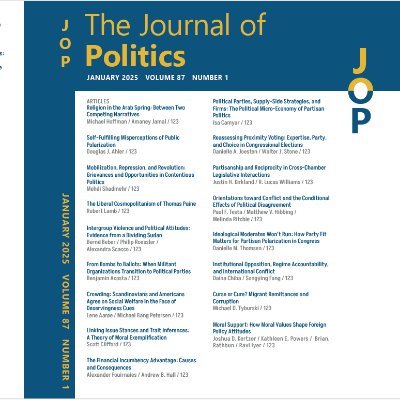 Journal of Politics @[email protected]
Journal of Politics @[email protected]
@The_JOP -
 Political Networks
Political Networks
@PolNetworks -
 Matthew Salganik | @msalganik.bsky.social
Matthew Salganik | @msalganik.bsky.social
@msalganik -
 Politics and Social Change Lab
Politics and Social Change Lab
@pascl_stanford -
 Andy Guess
Andy Guess
@andyguess -
 David Garcia
David Garcia
@dgarcia_eu -
 R. Michael Alvarez
R. Michael Alvarez
@rmichaelalvarez -
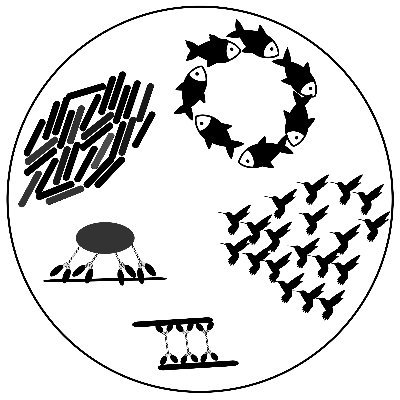 Collective Dynamics of Living Systems
Collective Dynamics of Living Systems
@DynamicsLiving -
 Josh Kalla
Josh Kalla
@j_kalla -
 Emily Kubin
Emily Kubin
@emily_kubin -
 FES Democracy of the Future
FES Democracy of the Future
@FES_Democracy
Something went wrong.
Something went wrong.

















